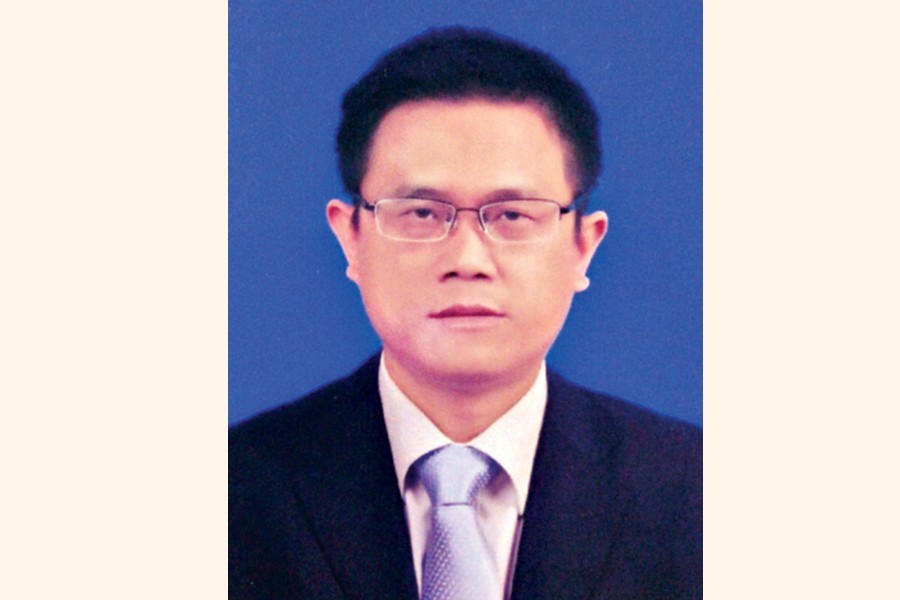Chinese state-owned company Powerchina is aiming to boost its presence in Bangladesh's power, infrastructure and water treatment sector.
Increased investment in these sectors is vital for Bangladesh's future development process, the company officials have said this week.
"So far, we have completed 10 projects in Bangladesh in the areas of power, river training, municipal works and road construction. The total worth of these projects is around US$ 750 million", said Xiong Lixin, executive vice president of Powerchina.
"At the same time, we have 12 ongoing projects amounting to $4.64 billion in the fields of power, river training works, sewerage treatment plant and railway construction", he added.
Powerchina, which started its business in Bangladesh back in the 1990s, owns various international brands like POWERCHINA, SINOHYDRO, HYDROCHINA, SEPCO, SEPCO III, HYPEC, SEPC, STECOL.
Currently, it holds more than 50 per cent stakes of the world's large and medium-sized water conservancy and hydropower construction markets.
"Going forward, our core focus in Bangladesh will be in three areas. These are- power sector, water treatment and infrastructure", Lixin said.
"We are especially looking for more opportunities in clean energy solutions including solar, wind, hydropower and LNG", he added.
Recently, Powerchina signed a contract with Dhaka WASA to build the Dasherkandi Sewerage Treatment Plant.
"Once completed, it will be the largest sewage treatment plant in Bangladesh and the largest in South Asia in terms of single unit treatment capacity", Lixin, who was in the capital for the formal inauguration of the scheme, said.
"It is also the first sewage treatment plant financed by Chinese concessional loan and built by Chinese companies", he added.
"The designed treatment capacity of Dasherkandi project is 500 thousand cubic meters per day", Lixin said, adding "The scheme will be completed within two and half years".
The 4.8 km of glass-fiber reinforced sewer pipeline will be laid along Jahurul Islam Avenue. The trunk sewer will take all sewage from the lifting station, but also the domestic sewage from the nearby communities.
To minimise the disturbance to traffic, the pipe jacking and underground excavation construction technology will be adopted at the front section of the pipeline- the Powerchina officials said.
Last year, Powerchina also signed a deal with Bangladesh Power Development Board to construct 350 MW Coal-Based Power Plant in Barishal, a southern district.
"The site preparation work of this project is already being carried out. We are planning to finish this scheme within four years", Lixin said.
Earlier, the Chinese company also inked a primary deal with Bangladesh Economic Zones Authority (BEZA) to set up a special economic zone in Mirsarai of Chittagong to manufacture machinery and spare parts needed to install a power plant.
Following the "Belt and Road" initiative proposed by Chinese government, Powerchina has participated in some key overseas projects around the world including the Pakistan Qasim coal-fired power plant, China-Laos Railway Project and Jakarta-Bandung High-speed Railway Project.
"Belt and Road is a win-win proposition", Lixin said.
"It encourages participation in infrastructure or construction in countries along the belt and road while enhancing industrial investment, increasing local employment, boosting the local economy and improving local livelihood.
"In Bangladesh, a number of our projects are linked to Belt and Road Initiative", he said.
Headquartered in Beijing, Powerchina has greatly expanded its global footprint over the years.
By the end of 2017, the 'Fortune 500' company had set up 322 overseas offices or branches in 109 countries, operating business in 120 countries. At present, Powerchina International employs over 800 staff and has six regional headquarters.


